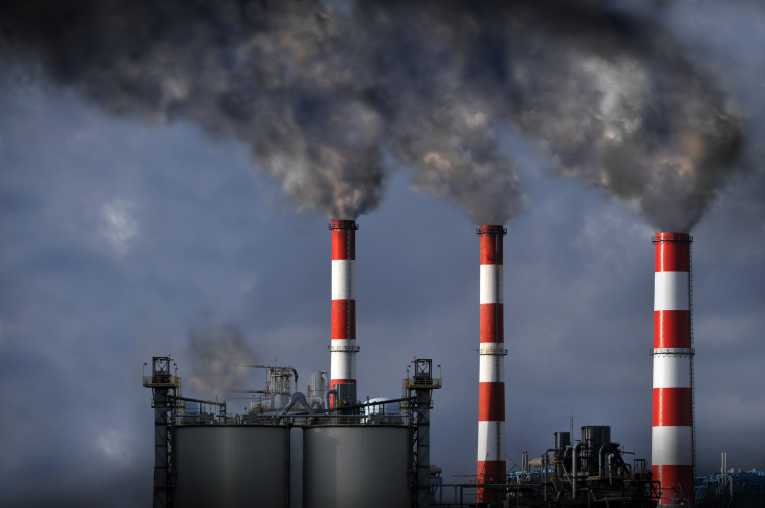The EPA has been attacked on all sides for what the republican leader, Mitch McConnell, has called a 'war on coal', particularly in relation to their stance of reducing emissions from coal-fired electricity plants. He has the support of the American Coalition For Clean Coal Electricity (ACCCE), a partnership of companies that produce electricity from coal. The president of that organisation, Steve Miller, said:
'The EPA's sweeping regulations will affect the lives of millions of Americans from their electricity bills to the economy as a whole. Given this wide-ranging impact, it is important that Congress, not the EPA, address greenhouse gas emissions in a manner that takes into account both environmental and economic impacts.'
The legislation has left most of the provisions of the Clean Air Act in place, but taken control of emissions away from the EPA and into the hands of Congress. Figures put forward by the EPA, stating that $2 trillion could be saved annually by 2020, have also been called into question, on the basis that they are so vastly different from the estimate of $170 billion put forward by the organisation during Clinton's administration.The coal industry says EPA measures would take investment out of the economy, lead to job losses and increase the cost of electricity for consumers. History, on the other hand, says different. China, Germany and Japan among others all developed a clean energy sector that replaced the jobs lost in the coal industry.
Many economists say that the EPA's proposed measures are not job killers and won't have a big impact on the economy. Eban Goodstein from the Bard Center For Environmental Policy says, 'The US Clean Air Act offers insight into the impact of environmental regulations on the economy. It did reduce job in certain industries, but that has been outweighed by health benefits and new jobs in non-polluting industries.'










